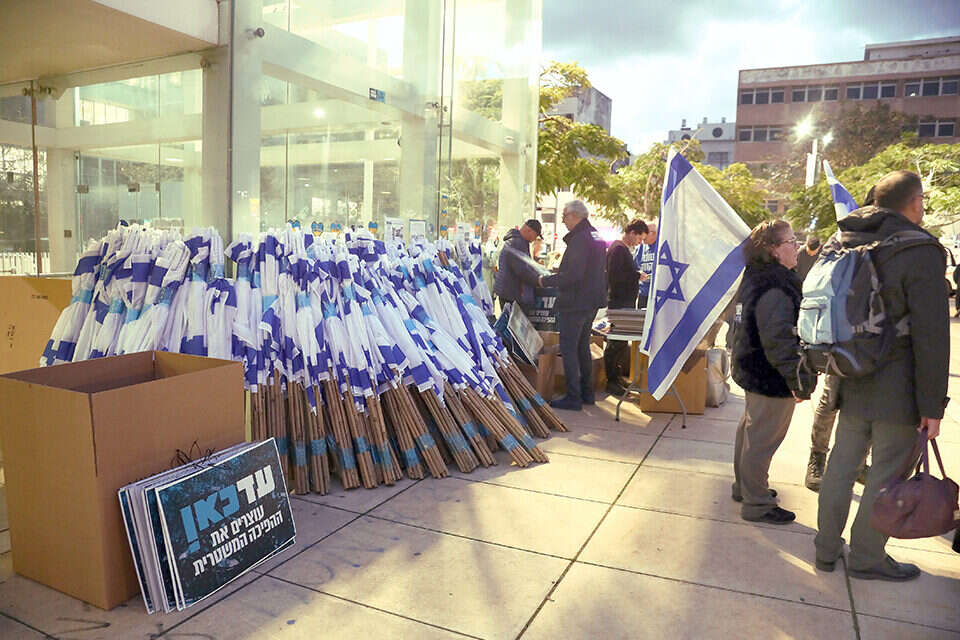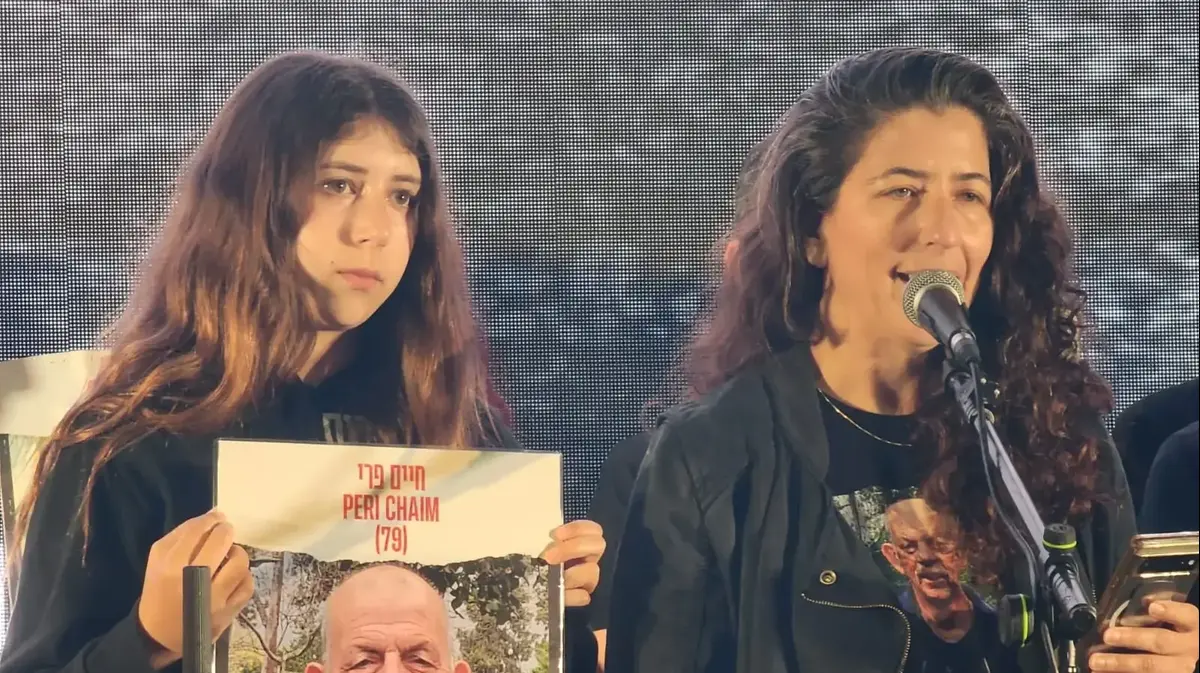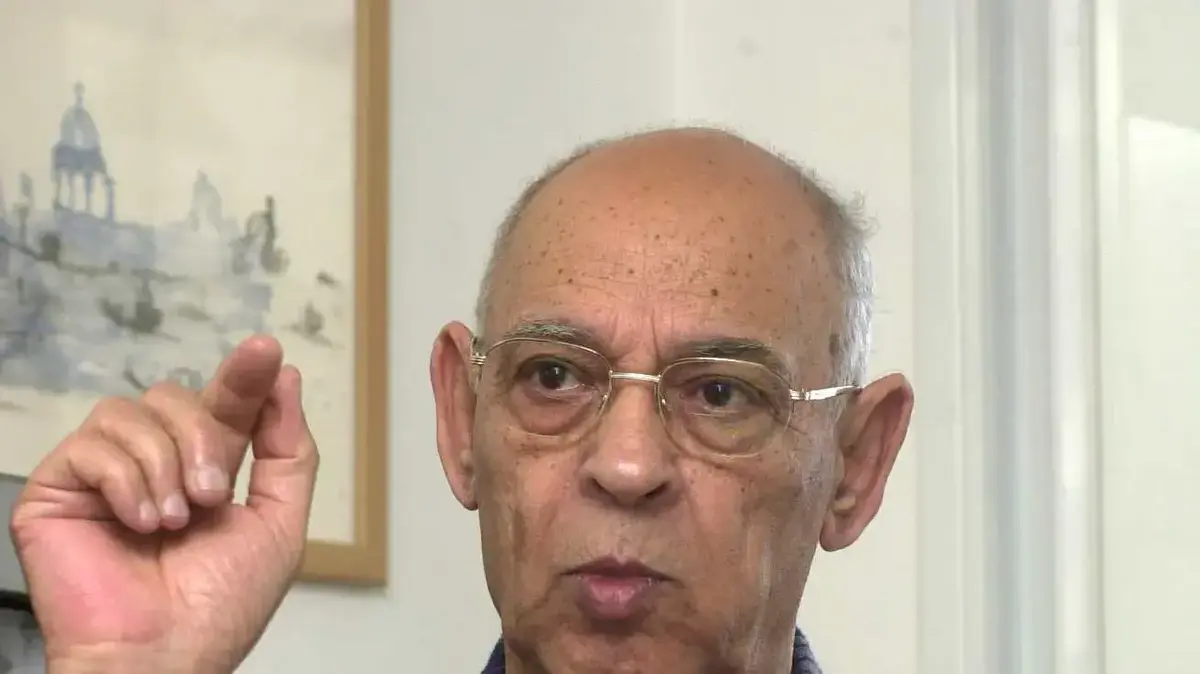One should not ignore the intensity of the anxiety that drives tens of thousands out of the house on Shabbat evening, one of its manifestations, beyond the demonstrations, is a lively conversation about leaving the country. "In the suburbs of Tel Aviv," Ari Shavit wrote in "Mekor Rishon" (13.1), "families of combat pilots sit down for quiet and sad breakfast conversations: when to get out of the country, how to get out of the country, where to get off?" In the opinion columns, on social networks, in social gatherings - the desperate live on suitcases.
This discourse is not new.
Even among the pioneers of the second and third aliyah there were many who descended.
Still, it is worth looking at the issue from a new perspective.
Jews want to leave because something fundamental is changing for them, and they have difficulty finding their place here.
And this concerns a new-old debate as to whether the Jews have a place that is their homeland, which - at any cost - they do not abandon.
Because there are no happy loves
The starting point must be a joint recognition of all parts of Israeli society, that we cannot give up on each other.
It is not only the necessity of the shared burden where we need each other, as in a stretcher journey with four under the stretcher who cannot give up one of them.
It is much more than that - it is the obligatory necessity for the legacy of generations of Jews who aspired to the uprising of the people of Israel in their land.
This was the common foundation for everything written in the Declaration of Independence.
It is true that today it is difficult to agree not only on the agenda of the State of Israel, but also on a common national goal.
But maybe we will agree on one basic thing - about the love of the motherland.
Let's agree that we are here to stay.
Let's stop the threat that we will soon leave, as if an Israeli Jew has a real possibility to return to the life of an exile without a homeland.
What relationship can last, when one of the partners announces at every turn of difficulty that he is leaving tomorrow?
The great turn brought about by the Zionist movement in the life of the people of Israel came to correct the great sin of the Jewish people, who surrendered to the temptation of existence in the diaspora.
The sin is indicated in the text of the Musaf prayer in the three Habits: "And because of our sins we have departed from our land and we have moved away from our land."
Yes, it is we who discovered and we who moved away from the homeland.
Neither the Babylonians nor the Romans could exile an entire nation in those days.
It was the Jews themselves who abandoned and discovered of their own free will.
Since the exile of the Israelites in Egypt, they have longed for the temptations of the meat pot of the lands of the exile.
In the 40 years of wandering in the desert, in the face of every difficulty, the Israelites returned to the longing "a head was given and returned from Egypt".
Even if it is difficult to agree on a national agenda or a common goal, maybe we will agree on one basic thing: on love of homeland.
Let's agree that we are here to stay.
Let's stop the threat that we are leaving soon.
What kind of relationship can last when one of the partners announces at every turn of difficulty that he is leaving tomorrow?
The writer A.B.
Yehoshua was one of the greatest critics of the choice of the Jews in exile.
"The diaspora as a situation and as a possibility is among the most primary elements that make up the essence of the Jewish people," he wrote.
"It is found in the parts and atoms that build our spiritual and existential identity, and it is an organic part of our national myths. It is not an imposed external state, but an internal state that the people choose and long for" ("By virtue of normality", p. 44).
Zionism sought to correct this deep flaw.
As a general in the IDF, on an official visit to the Russian army, I met with the diplomat Sultanov, who was for many years the Russian deputy foreign minister. I told him that my grandparents left Tsarist Russia more than a hundred years ago and immigrated to the Land of Israel as peasant pioneers. I explained that they were not looking for a "refuge" in the land for Jews Persecuted - that's what those who immigrated to the USA were looking for.
They asked for a homeland in the land of their ancestors.
I added that my grandfather had a brother who immigrated with him, but like many of the pioneers he suffered from the harsh conditions and went down to South Africa.
What happened to his descendants can teach about the difference between a Jew in exile and a Jew in the homeland.
The uncle's grandchildren in South Africa behaved like Jews in exile, they were the first to recognize the change, the first to take their money and immigrate to another place.
My grandfather and grandmother, on the other hand, have more than 300 grandchildren and great-grandchildren in Israel, and they will stay in Israel under any condition, because this is the homeland.
The deputy minister answered me directly in English: "Indeed, it cannot be denied that the Land of Israel for you is the land of your ancestors, just tell me why your leaders stopped talking about it."
What is bound to shake up the talk of leaving the country is that the second and third generation citizens of the country also continue to conduct themselves in the country like Jews in the diaspora, as hotel residents, whose presence here is subject to constant impermanence.
The mobile Jew
The historian Yuri Zalskin, who emigrated from the USSR to the USA, was able to diagnose the unique talent that makes the Jew the ultimate mobile, the perfect expatriate: "The modern era is the Jewish era, and the 20th century is the Jewish century. Modernization means becoming a mobile urbanite... though One is no more successful at being Jewish than the Jews themselves. In the age of capital - they are the most creative entrepreneurs, in the age of alienation - they are the most experienced exiles."
David Ben-Gurion, who recognized the duty to strive for the unity of the Jewish people in Israel and in the Diaspora, highlighted in every encounter with Diaspora Jewry the essential turn that took place with the establishment of the state.
He claimed that the educational effort necessary "to deepen the Jewish consciousness and to feel the shared destiny between the state and the Diaspora will not be based on bland plaster, erasing the polar contrast between the content of life in the homeland and those in the diaspora - but rather on highlighting the contrast in all its true cruelty" ("Kochavim and Ofer", p. 190).
If we have lost the ability to agree on a common national goal, we still have a broad basis for a common recognition of the denial of the life of the diaspora and the exclusive virtue of the State of Israel as a homeland.
Even today, most of us are touched by Alterman's "Morning Song": "In the mountains the sun is already hot and in the valley the dew still glistens, we love you homeland, with joy, song and toil".
were we wrong
We will fix it!
If you found an error in the article, we would appreciate it if you shared it with us















